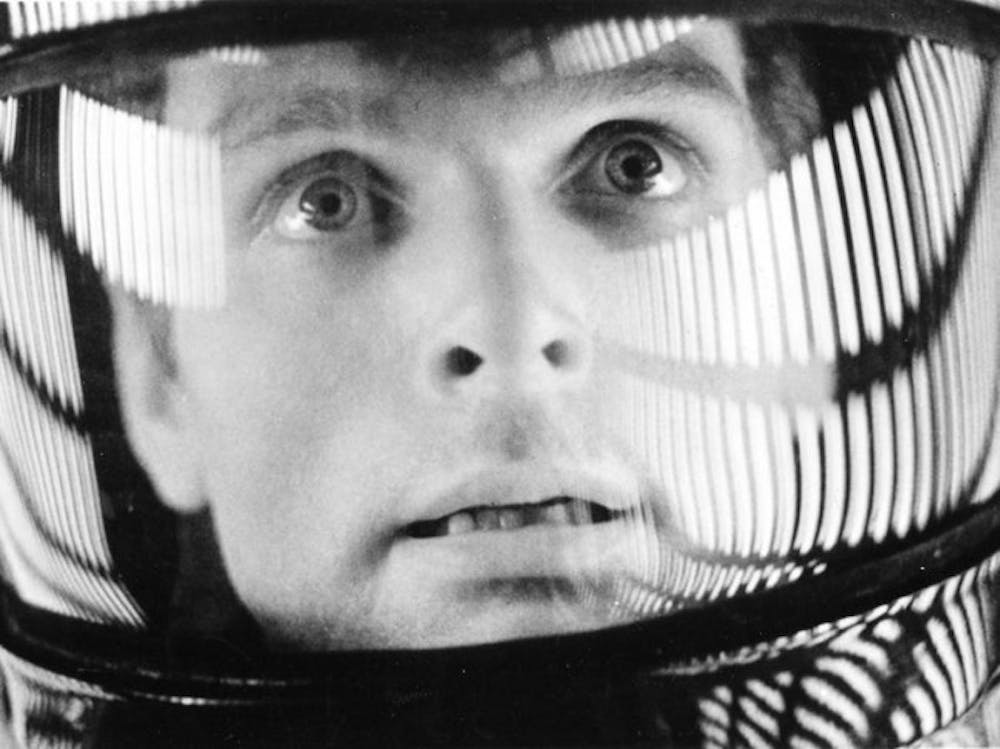
After quite an adventure, my time with the Cluster has come to a close. It’s impossible for me to capture how great of an experience I have had with this newspaper, and how thankful I am for the opportunities and experiences I earned under its tutelage. I’ve loved my time here and will always remember it fondly. However, it would belittle my experiences if I claimed I could capture them all in this article so briefly. I would also be misappropriating a final opportunity to share with the faithful community of readers I have grown to love. With these considerations, I submit this article not as a goodbye, but as a milestone in the change of my existence.
This is the sort of time in the life of a young graduate that forces the question, “What is next?” I can’t say what is next for any of us as individuals, but as a society, we are entering into the greatest period of technological marvel that has ever existed. My fresh-faced generation has the unprecedented benefit of growing up with the Internet. However, the future is more uncertain that it has ever been.
We are approaching a paradigm shift. The only constant in the universe is change. It was first geological change and then it was evolutionary change. As the animals that would become humans became sentient, the changes started happening even faster. In an article called “The Economics of Singularity”, George Mason Professor Robin Hanson estimates the rate of change at which the human economy has increased. At humanity’s earliest it doubled every quarter million years. Post-Agrarian society was up to every 900 years. Those plot points are miniscule compared to the exponential change to come.
Processors become doubly powerful every 18 months. It is not unreasonable or unfathomable that we are approaching a technological singularity. We are nearing a time in which we could create an artificial intelligence more capable than any human.
When such a thing happens, the intelligence would be able to improve itself in ways that are not quantitatively different, but qualitatively different. It is impossible to comprehend how different. It would be less like explaining the modern global economy to a silk trader and more like explaining the Internet to a paramecium.
I want to clarify that I am aware of the current differences between how human intelligence is measured as compared to computer intelligence. One can simply look at voice recognition software, although voice recognition is a very small part of the human intellect, it is only a few orders of magnitude less accurate in our artificially created simulations. Our concept of intelligence may be teetering on obsolescence.
Once we have made something smarter than us, either by augmenting our intellectual abilities or by engineering something totally new, it will be able to improve itself in ways that we couldn’t.
Humanity’s next decay can see the edge, but not the upper limit. Only one question remains. What’s next?
Popham Culture





